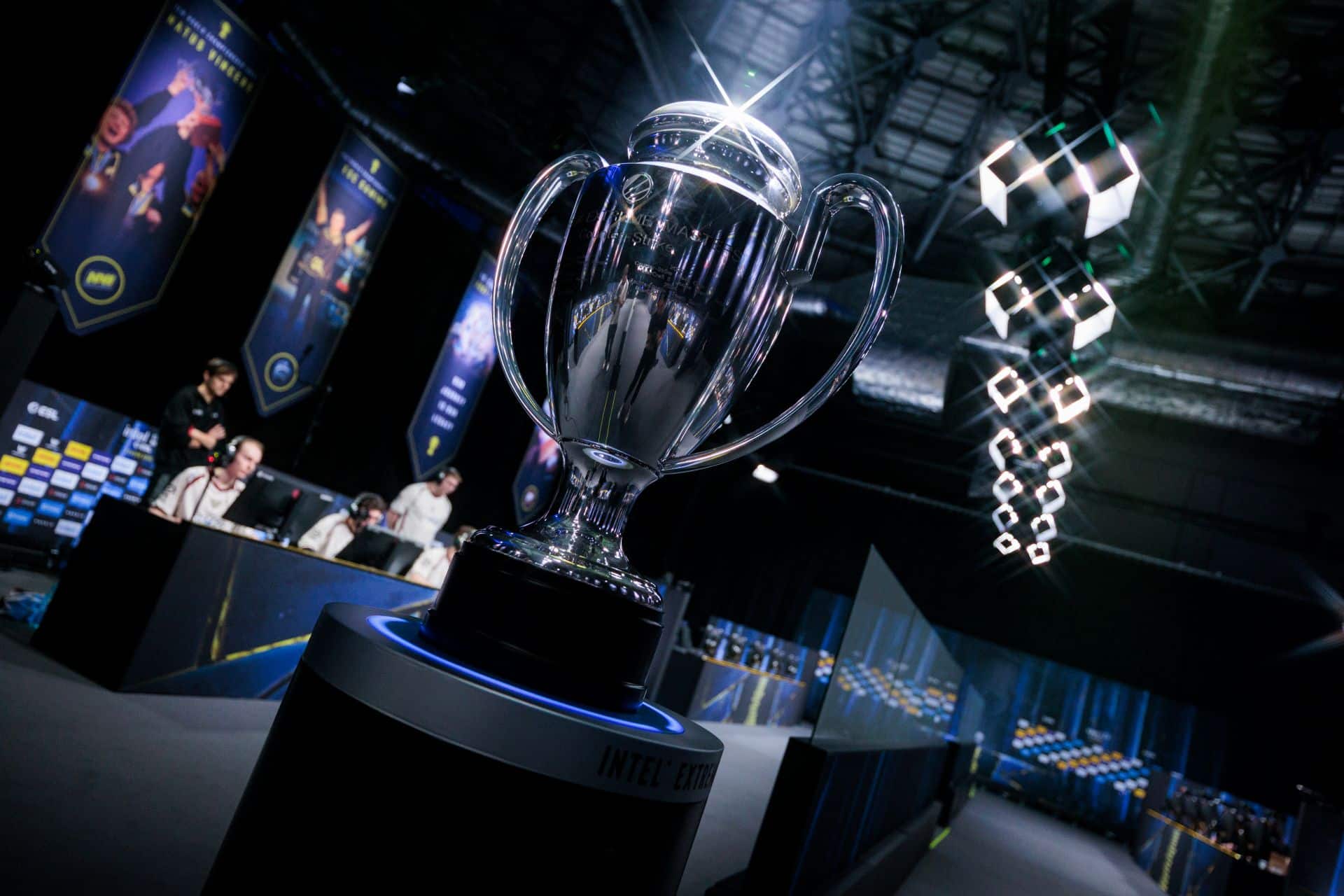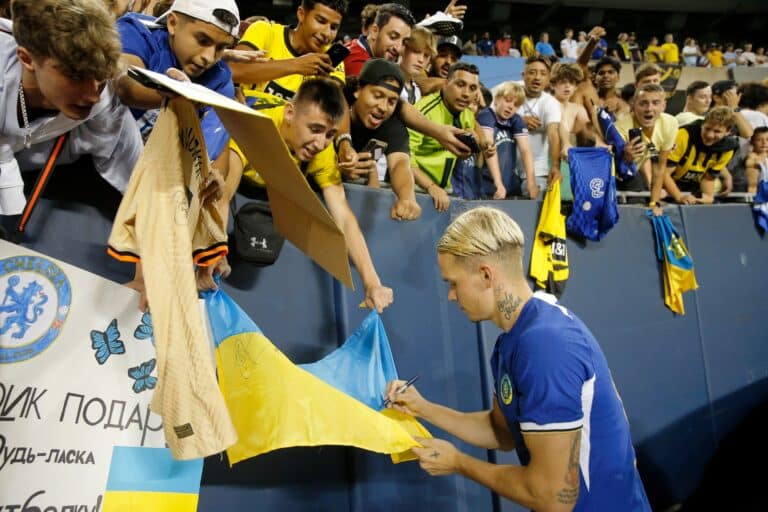“Gross integrity issue” – Complexity General Manager raises further questions about Valve’s reliance on third-party website for VRS model
Darragh Harbinson, Senior Editor
Last Updated: 28/07/2025
UPDATE: The update referenced below has been reverted for IEM Cologne and Pro League Season 22, but remains for Pro League Season 23 and IEM Krakow – events where invites have not been issued as of yet.
Complexity CS2 General Manager, Graham ‘messioso’ Pitt has taken to Twitter/X to criticise the timing of the decision to change the way prize money is treated at certain VRS events. The Brit later made it clear that he was not criticising HLTV, whose decision led to the change being enacted.
The change now means early stages of events count the money from eliminated teams as the prize pool, rather than the qualification slots as the prize, as was previously the case for several events. In this instance, the discordance comes not from whether the change is correct, but from the timing of the application.
As Pitt argues, the change means organisations have already decided to accept or reject invites based on now inaccurate information about the VRS value of stages of events. Whether a sudden change like this should be allowed in a system built to provide continuity to the Counter-Strike circuit is highly questionable.
HLTV changed the prizing on their event pages for Stage 1 of IEM Cologne from "Slots to next stage" to a $28,000 value.
— Graham Pitt (@messioso) July 25, 2025
Let me explain why this change, specifically the timing, is a gross integrity issue.
1. This problem has been known for over a year, it's been spoken about… pic.twitter.com/qdmdne4W40
Counter-Strike teams were made to make decisions with incorrect VRS information
messioso’s tweet reads, “HLTV changed the prizing on their event pages for Stage 1 of IEM Cologne from ‘Slots to next stage’ to a $28,000 value. Let me explain why this change, specifically the timing, is a gross integrity issue.” He continues, “This problem has been known for over a year, it’s been spoken about publicly and privately. This change did not have to happen right this second, it could have happened months ago.”
For context on this point, HLTV’s Editor-in-Chief seems to have initially preferred that the decision be made with word from Valve, but the website later changed how prize pool worked after online debate on the subject.
I've made some of the same arguments, pretty sure in a podcast together as well 😁
— Milan Švejda (@StrikerHLTVorg) July 21, 2025
Valve have been made aware of this one way or another because ESL have known this for a while, but nothing has happened (and as far as I know they haven't asked us to change the allocation)
“2. This has a significant impact on the value of matches at the event due to the Event Weight mechanic. Previously with ‘slots’ as the prizing, the event weighting was only 0.143 (14.3%). Now those same matches are worth 0.392 (39.2%). So roughly a 25% swing of factors affected by this…”
Event Weight is a modifier that affects the VRS points earned by wins in events. As prize money is now higher for earlier stages, such as Stage 1 of IEM Cologne, wins at those stages are now worth more.
“3. If we assume now that all future events are going to have this change moving forward, HLTV have now essentially directly manipulated the VRS ecosystem AFTER teams have declined invites to events that this would now affect. That is a MASSIVE problem…?”
The Brit went on to question whether this change could affect past events, as the Austin Major also featured stages previous to the main event.
Stage 1 and Stage 2 were not considered the main event on HLTV, and therefore, their prize pool was adjusted to be qualification slots to later stages. Pro League, IEM Katowice and IEM Cologne all featured early stages which will be changed by the decision.
HLTV have not communicated any intention to backdate the change, which would benefit any team that won games at the early stages of those events, including Complexity.
“4. Will this be backdated to include events that would meet the same criteria? Does Austin Stage 1 and 2 get event weighting increased now? Does Katowice? EPL S21? How this change can be immediate and not announced 3-4 months in advance, so no current invitations are affected, is beyond me.”
“If teams cannot navigate the ecosystem without 3rd parties changing the playing field overnight, we are in a very dark timeline.“
Messioso later posted, “I just want to clear one thing up here. I don’t blame HLTV for these issues arising from their data being used as the source for the VRS. HLTV are their own entity and should be entitled to process and present data on their website however they choose to. They are put in a tough position by also being the data source and balancing their own interests vs what is subsequently contributing to VRS.”
I just want to clear one thing up here. I don't blame @HLTVorg for these issues arising from their data being used as the source for the VRS.
— Graham Pitt (@messioso) July 25, 2025
HLTV are their own entity and should be entitled to process and present data on their website however they choose to.
They are put in a… https://t.co/6wF08F1ORK
This echoes the sentiment the Brit shared in an interview with Esports News UK, where messioso advocated for Valve to take the match data under their umbrella, in a similar fashion to their DotA 2 system, allowing for Valve to have control of the VRS system, instead of leaving it to the decision-making of a third-party entity.
In the interview, messioso provided the following quote: “I feel like Valve is leaning on HLTV more than they should be. I think they’re capable of bringing that part of the equation in-house, and that wouldn’t detract from what HLTV is providing. It would be a separate thing that is purely for the ranking, and it would mean that their coverage could be more extensive. Their control could be more extensive. I think both of those things are pretty essential for what they’re trying to achieve.”
Darragh Harbinson, Senior Editor
Darragh Harbinson is an esports writer specialising in Counter-Strike. He has written for Esports News UK, Esports Insider, UKCSGO, Dexerto, and Rush B Media.
Stay Updated with the Latest News
Get the most important stories delivered straight to your Google News feed — timely and reliable





From breaking news and in-depth match analysis to exclusive interviews and behind-the-scenes content, we bring you the stories that shape the esports scene.
Monthly Visitors
User Satisfaction
Years experience
Latest Counter-Strike 2











